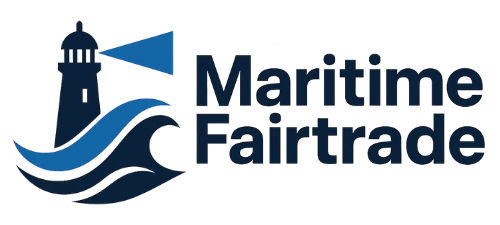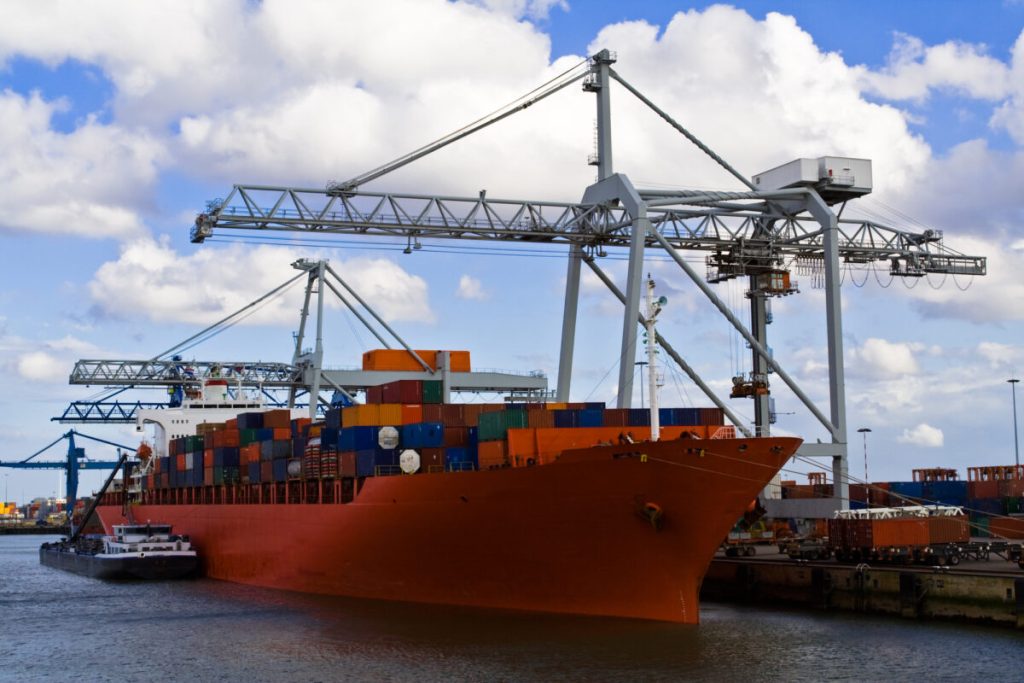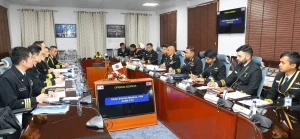A Dutch foundation, the Equal Justice Equal Pay Foundation, is advocating for equal pay for seafarers from the Philippines and Indonesia, arguing they should receive the same wages as their Dutch counterparts. This initiative stems from the disparity in earnings where Filipino and Indonesian seafarers often make less than half of what Dutch sailors earn, creating a significant financial gap that the foundation characterizes as unjust and reminiscent of colonial practices.
Currently, shipping companies in the Netherlands dictate seafarers’ wages based on their home country’s cost of living, leading to stark discrepancies. The foundation’s recent statements highlight that this approach not only undermines fairness and equality but also perpetuates structural discrimination based on race and nationality. They are appealing for a system where compensation is uniform regardless of the seafarer’s origin, asserting that all should receive equal pay for identical roles on the same vessels.
Prompted by a recent report from a Dutch equal rights institute that labeled the current wage structure as “a relic of colonial times,” the foundation is taking proactive steps, sending letters to approximately 700 shipping companies. They demand an end to what they term “structural unequal treatment” of Filipino and Indonesian crews and are pursuing compensation for the underpayment that has persisted for years.
Setting a three-week ultimatum, the foundation asserts that if shipping companies and the Dutch government do not address the wage inequality, they will pursue legal action. The movement has garnered substantial support, with over 13,000 individuals backing the claim for equitable pay.
Conversely, the Dutch shipping organization, KVNR, defends the existing pay structure, suggesting it is justified because of varied living costs in different countries. KVNR’s director, Annet Koster, remarked that foreign seafarers typically spend their leave in their home countries and indicated that should a Filipino seafarer relocate to the Netherlands, they would then receive a Dutch salary. The organization is also assessing the potential implications for the maritime sector if all seafarers were to receive uniform remuneration.
Currently, a significant portion of the maritime workforce comprises international employees, with KVNR reporting 8,608 Filipino seafarers, 5,566 Dutch nationals, and 2,290 Indonesians in the industry. The foundation highlights that Dutch crew members tend to occupy higher-ranking positions, such as captains or officers, thus earning comparatively more than their foreign peers.
In conclusion, the Equal Justice Equal Pay Foundation’s campaign seeks to challenge the prevailing wage disparity in the maritime industry by advocating for equal compensation among seafarers of various nationalities, aiming for modernization of the pay systems that they argue have become outdated and inequitable.










